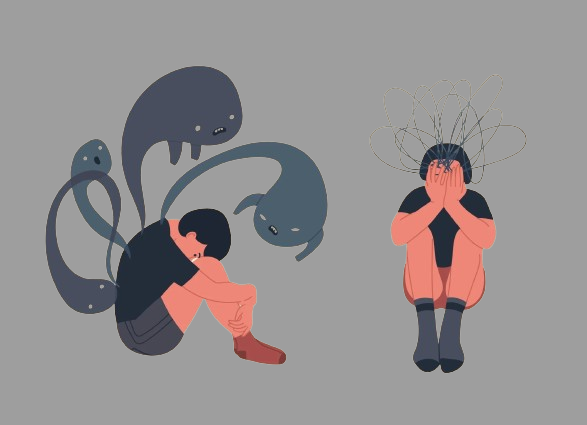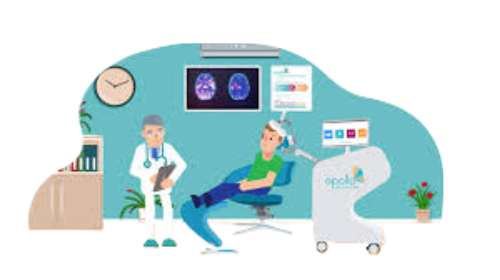Under the commercial name Seroquel, quetiapine is a combination antipsychotic and antidepressant drug. Depending on the type of test performed, it can be found in your body for two to ninety days. Also It may be utilized in polysubstance use and may produce a false positive for illegal substances.
What is Seroquel?
A combination antipsychotic and antidepressant drug called Seroquel is used to treat schizophrenia. Also Seroquel has an average drug test detection period of two to ninety days.
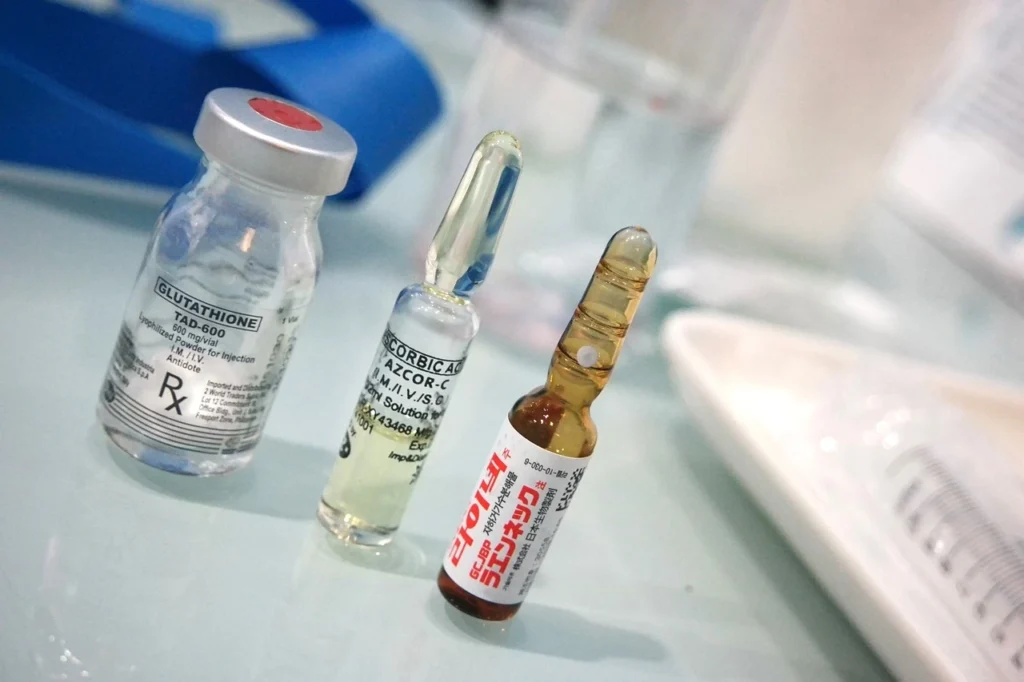
It can aid in the treatment of major depressive disorders, bipolar disorders, and insomnia. It is also referred to by the generic name quetiapine.
There is a chance that this medication will be abused, particularly if it is combined with other drugs (polysubstance usage).
Uses of Seroquel
This medication is used to treat certain mental (such as schizophrenia, bipolar disorder, sudden episodes of mania or depression associated with bipolar disorder). Quetibine belongs to a class of drugs known as atypical antipsychotics. It works by helping to restore the balance of certain natural substances in the brain.
How to use Seroquel
Read the medications Guide and, if available, the Patient Information Leaflet provided by your pharmacist before you start using each time you get a refill. If you have any questions, ask your doctor or pharmacist.
Take this medication by mouth as directed by your doctor, usually 2 or 3 times daily with or without food.
The dosage is determined by your health status, how you respond to treatment, and any additional medications you may be taking. Make sure your pharmacist and doctor are aware of everything you use, including over-the-counter, prescription, and herbal products.

Your doctor may advise you to begin taking this medicine at a low dose and increase it gradually in order to lower your risk of experiencing side effects. Pay close attention to your doctor’s recommendations. To get the most out of this drug, take it on a daily basis. Take it daily at the same times to aid in memory.
Don’t take this medication for longer than recommended, or raise your dosage. There will be no faster improvement in your health, and there will be a higher chance of adverse effects.
Even if you feel well, continue taking this medication. Never discontinue using this drug without first talking to your physician. Stopping this medication abruptly may make certain conditions worse. Additionally, you can have symptoms including headaches, nausea, diarrhea, irritability, and difficulty sleeping. In order to minimize adverse effects, you might need to progressively lower your dosage. Please report immediately any new or worsening symptoms.
Inform your physician if your illness persists or worsens.
Seroquel Detection Times Based on Test Approach
Seroquel detection times vary depending on the testing method, just like the testing timings for other antidepressants.
Quetiapine use is not tested for in standard drug screenings. Nonetheless, the usage of antidepressants like this one can be ascertained by the less common tricyclic antidepressant (TCA) drug test.
Seroquel Drug Tests in the Blood
A blood sample drug test will still show Seroquel two days after your last use. Blood tests are infrequently used; they are typically ordered by law enforcement or in medical emergencies.
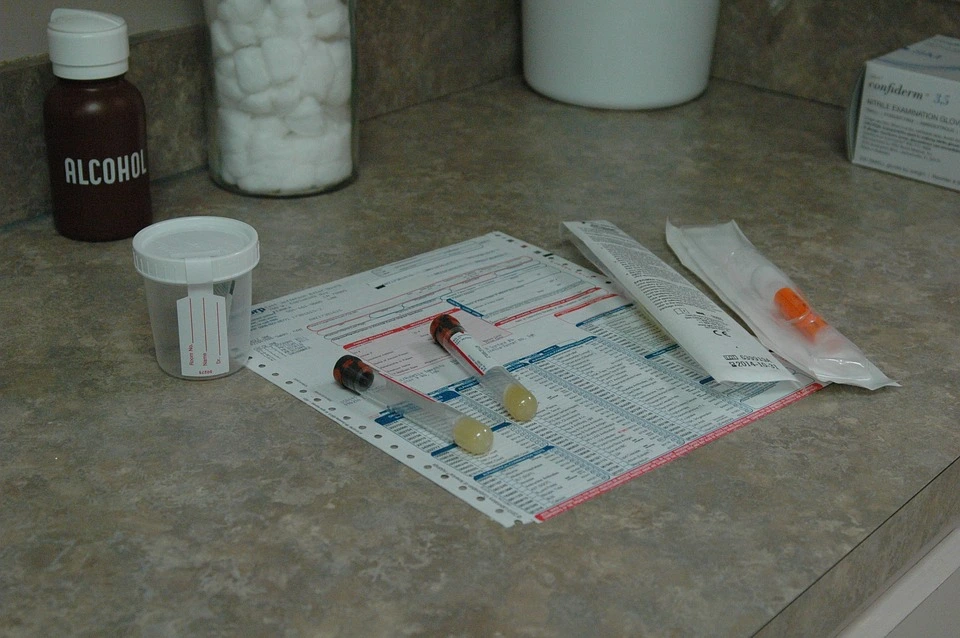
Hair Tests for Seroquel Drugs
A long-term screening for all medications is hair follicle testing. It has a ninety-day detection period for Seroquel use.
This is not the best drug test to determine recent use because hair typically takes at least a week to grow long enough to be examined following drug use.
Seroquel Drug Tests in Urine
Two days following your last use, a urine sample may reveal Seroquel use. This is the most prevalent kind of routine drug test, particularly for those involved in pre-employment procedures.
Drug Tests in the Saliva for Seroquel
Saliva testing for quetiapine is still being researched. As a result, it is currently unknown how long this medication may remain detectable in a saliva drug test.
Side effects of Seroquel
May manifest as fatigue, dry mouth, impaired eyesight, drowsiness, or upset stomach. Notify your doctor right away if any of these side effects persist or worsen.
It is possible to feel lightheaded or dizzy after taking this medication, especially when you first start off or boost your dosage. Feeling lightheaded or dizzy can make you more likely to fall. When getting out of a seated or lying posture, take it slowly.
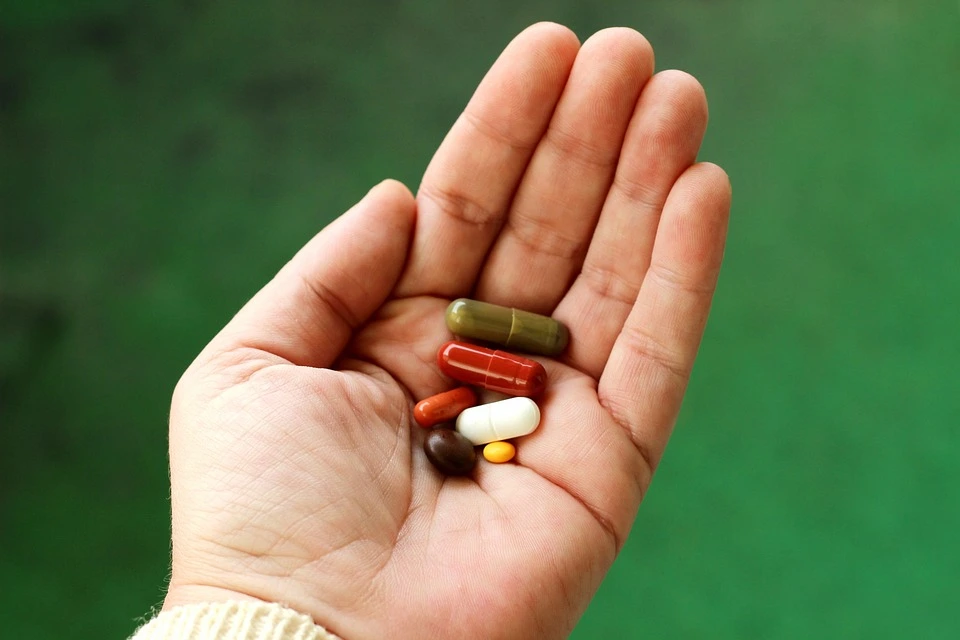
Recall that your doctor has prescribed this medication because they believe it will benefit you more than it will cause negative side effects. Many users of this medicine report no significant adverse effects.
If you have any really dangerous adverse effects, including as fainting, seizures, or extreme dizziness, get medical attention right away.
Rarely, taking this drug may cause your blood sugar to rise, which might aggravate or induce diabetes. If you have symptoms of elevated blood sugar, such as increased thirst or urine, promptly notify your physician. If you currently have diabetes, follow the instructions to check your blood sugar on a regular basis and let your doctor know the results. Your diabetic medication, exercise regimen, or diet may need to be modified by your physician.
Significant weight gain and an increase in your blood cholesterol (or triglyceride) levels are other side effects of this medication. Diabetes and these side effects could raise your chance of heart disease. Talk to your doctor about the pros and cons of the proposed course of treatment.
Precautions
If you are allergic to quetiapine or have any other allergies, let your doctor or pharmacist know before starting to use it. Inactive chemicals in this product have the potential to trigger allergic reactions or other issues. For further information, consult your pharmacist.
Before taking this medication, disclose to your doctor or pharmacist any medical history you may have, particularly regarding: liver disease, cataracts in the eyes, low white blood cell count (including history of medication-induced low white blood cell count), seizure disorder, difficulty swallowing, thyroid issues, blockage in the stomach or intestines (such as severe constipation, bowel obstruction), non-moving stomach or intestines (such as ileus), diabetes, history of substance abuse (such as drug or alcohol addiction), heart disease.
QT prolongation is a situation where quetiapine may induce irregular cardiac rhythms. Rarely, QT prolongation can result in symptoms including acute dizziness and fainting, which require immediate medical attention, as well as a fast or irregular heartbeat that can be fatal.
If you take other medications that can cause QT prolongation or have certain medical conditions, your chance of developing QT prolongation may be higher. Before taking quetiapine, disclose to your doctor or pharmacist all of the medications you take and any conditions you may have, including a family history of certain heart problems (QT prolongation in the EKG, sudden cardiac death), slow heartbeat, heart failure, and QT prolongation in the EKG.
Overdose
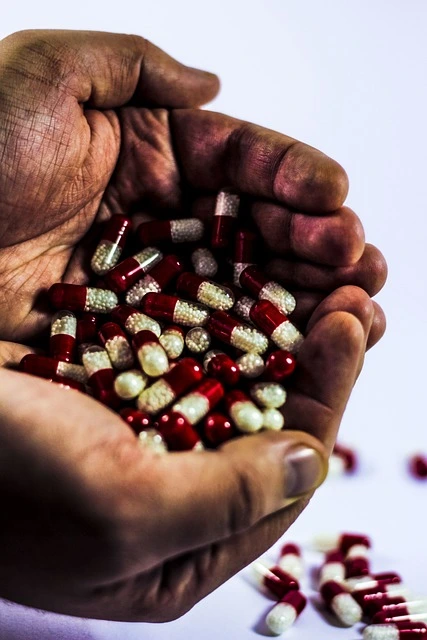
Call ambulance if someone has overdosed and is exhibiting severe symptoms like unconsciousness or breathing difficulties. If not, give a poison control center a call straight away. Residents in the US can dial 1-800-222-1222 to reach their local poison control facility. Residents of Canada can contact their local poison control center by phone. Severe somnolence and unconsciousness are two possible overdose symptoms.
Remarks
This drug should not be shared with anyone.
You should have laboratory and/or medical testing performed both before and during the course of this medicine, including blood sugar, blood pressure, cholesterol levels, eye exams, weight, and blood counts. Respect all lab and medical appointment times. See your physician for further information.
Absence of Dose
Take the missed dose as soon as you remember it if you miss it. Don’t take the missing dose if the next one is almost here. When is the best time to take your next dose? Don’t take two doses to make up for it.
Keepsake
Keep out of the light and moisture, and store at room temperature. also Keep out of the bathroom. Keep any drugs out of the reach of kids and animals.

